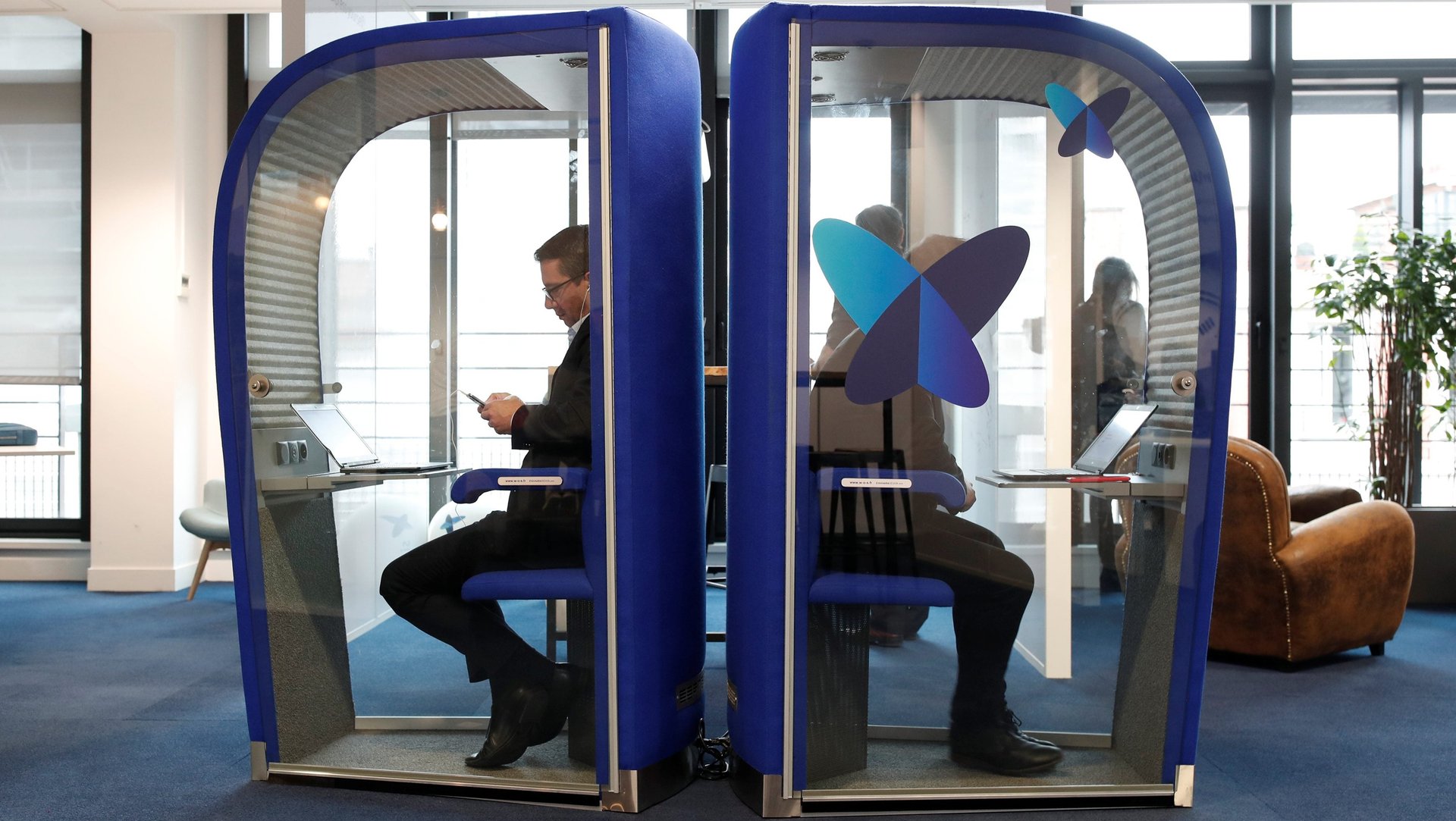Startups could raise a lot less if their expenses weren’t so lavish
The free-spending habits of tech startups are so familiar they’ve become a cliche. Companies proudly tout their free gourmet meals, climbing walls, and treadmill desks; the excesses are a recurring theme in the HBO show Silicon Valley.


The free-spending habits of tech startups are so familiar they’ve become a cliche. Companies proudly tout their free gourmet meals, climbing walls, and treadmill desks; the excesses are a recurring theme in the HBO show Silicon Valley.
Founders justify the lavish perks as necessary to attract and retain top talent, and investors reason the costs will be worth it if the startup produces a lucrative exit. But the profligate culture is increasingly under attack.
Venture capitalist Michael Moritz, and an early backer of Google, drew fire for his January article in the Financial Times (paywall) when he urged US tech firms to act more like Chinese companies. While critics (rightly) blasted Moritz’s admiration for the punishing work hours and disregard for work-life balance, one observation was met with nods of approval: Chinese startups embrace a frugality alien to their Silicon Valley counterparts. He notes:
You don’t see $700 office chairs or large flat panel computer screens at most of the leading technology companies. Instead, the furniture tends to be spartan and everyone works on laptops. It is common for facility managers to allocate 80-100 square feet to each employee, compared with two to three times that amount in California.
Silicon Valley’s penchant for spending money on itself isn’t just anecdote. An analysis of expense report data performed for Quartz at Work by Coupa, a software company that manages the expenses of more than 100 corporations, finds that small firms dramatically outspend large ones on individual expenses like meals and air travel. Last year, companies with less than $100 million in annual revenue paid 41% more for an average airline ticket, and nearly twice as much for dinners, than companies with more than $10 billion in revenue, according to Coupa.
The small companies in the Coupa analysis aren’t necessarily startups, and some of the difference in the average cost of flights can be attributed to discounts negotiated by big companies. But as Amit Duvedi, Coupa’s vice president of business strategy, notes, established small companies as well as startups are both less likely to have rigorous policies in place to control expenses.
Undisciplined spending is costly beyond the obvious reasons. Tren Griffin, a Microsoft executive and former private equity partner, has argued that when founders spend money heedlessly, they have to raise more, diluting their equity and sacrificing control and profit if the company goes public.
In his book A Dozen Lessons for Entrepreneurs, he tells of a young founder who proudly showed off the new Herman Miller Aeron chairs (retail: $1,300) in the company’s conference room, paid for with cash from an investor. “When I explained to him how much the chairs would eventually cost via dilution if the company went public someday, the smile on his face turned into a frown,” Griffin writes. “Dilution matters.”
Sometimes generous expenses, perks, and benefits can cost executives even more than that. Expenses at Etsy famously ballooned after its 2015 IPO as the online marketplace for handcrafted goods splurged on a vast new office, complete with vertical gardens and space for weekly yoga classes. The stock price fell and activist investors swooped in, ousting its longtime CEO and laying off 140 employees.
Employees may be eager to work to startups that spend freely, but they’ll stay at the ones that have a future. Sometimes a little frugality is good for owners and workers alike. Or, as venture capitalist Chamath Palihapitiya told a San Francisco conference of founders and investors, “It’s fine to fail. But if you fail because you didn’t have the courage to move to Oakland and instead you burned 30 percent of your cash on Kind bars and exposed brick walls in the office, you’re a fucking moron.”